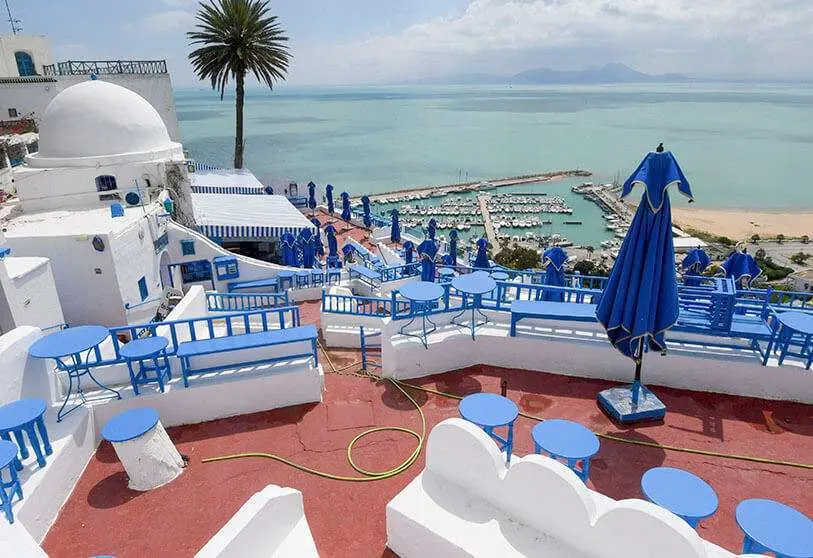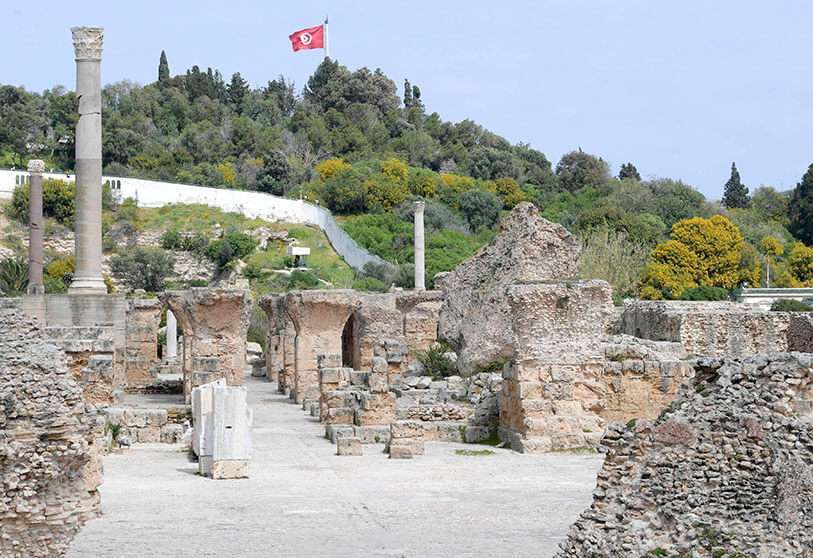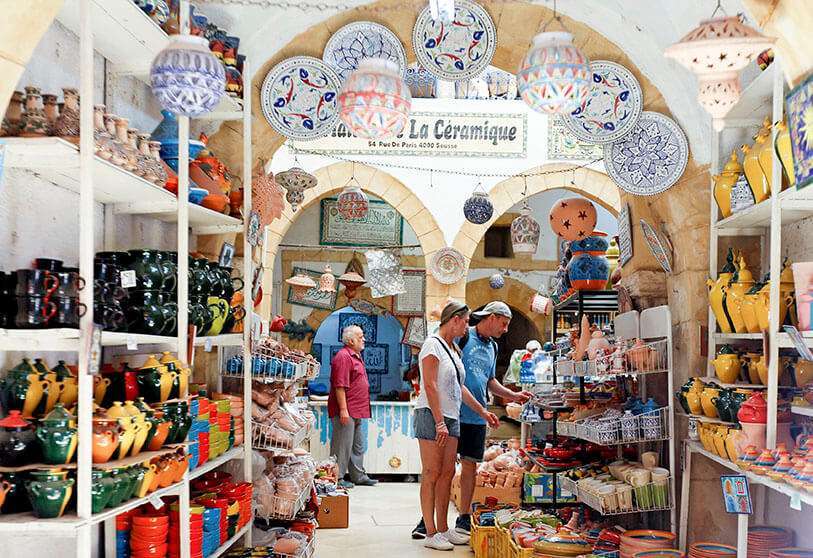Rainfall of millions to support foreign and local companies in Tunisia

It's time to get going after the pandemic. With the de-escalation in full swing and wanting to turn the page, the Tunisian-Spanish and Italian Chambers of Commerce are ready to pull out their artillery to revive struggling foreign companies operating in the small North African country. International cooperation agencies have also set about facilitating credit to local companies that have difficulty accessing liquidity. "The small and medium groups are having the worst time, they have been left without income," said Moez Ben Rouhma, president of the Italian-Tunisian Chamber of Commerce, during his speech on Tuesday at a virtual conference to discuss the financing and support of SMEs following COVID-19 organized by the Tunisian-Spanish and Italian Chambers of Commerce.
"Our aim is to revive European tourism in Tunisia. We also want to strengthen Italian investment in the country. The next few months are crucial to relaunching the economy," explained Fabiana de Luca, head of the Italo-Tunisian Chamber of Commerce. Spain's commitment to the North African country has also been demonstrated by the intervention of Rosa María Gutiérrez, head of the Economic and Commercial Office of the Spanish Embassy in Tunisia. "We are committed to development. The cooperation agencies are prepared to maintain financing channels for companies," he said.

The Italian Agency for Development Cooperation has explained its programme to assist local businesses with 73 million euros through the Central Bank of Tunisia. "400 operations have been carried out and up to 2,000 jobs have been created. We have set aside four million for companies that are currently experiencing difficulties. It is aid that is not intended for current expenditure but to finance debts," explained Anis Khelifi, head of the development programme. The interest on this credit is 4.5% and can be paid back in five years.
Tunisian entrepreneurs in difficulty can access the agency's financing with an application to the Central Bank, which has to be subsequently approved by the Ministry of Industry. "This body has to certify that it is a company in difficulty. If that is the case, the funds will be released through a commercial bank," Khelifi said.
Spain also has similar programs for local or foreign companies based in Tunisia to access financing. "Tunisian exports to Spain are very important and have to access credit. In Tunisia it is now very difficult to get financing," said Rafael Gómez-Jordana, former regional director of Banco Santander for Africa and former head of the international division of Attijari Bank in Tunisia.

The Spanish Official Credit Institute (ICO) has had an agreement since last July with the Tunisian Ministry of Cooperation to provide a credit line for small and medium-sized enterprises. The repayment term is 40 years and the loan is guaranteed by the Tunisian Central Bank. It will be available until July to finance new companies and has the participation of Banco Santander. Loria Eleonora, head of export and internationalization of the Italian entity Banca ICCREA, has announced that they have several programs of internationalization of companies in Tunisia and in the Mediterranean. Its activity also focuses on advising companies in Tunisia and other countries that want to access foreign financing
Ibrahim Medini, FIPA-Tunisia's director for Spain and Portugal, has sent a message of optimism and called for taking advantage of the coronavirus crisis to develop new technologies. "It's a sector that's going to help us a lot in the future. The pharmacist will also be key to innovation in the coming years," he concluded.








